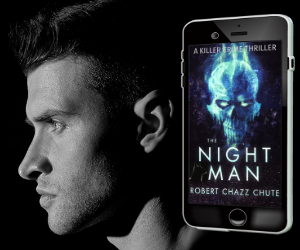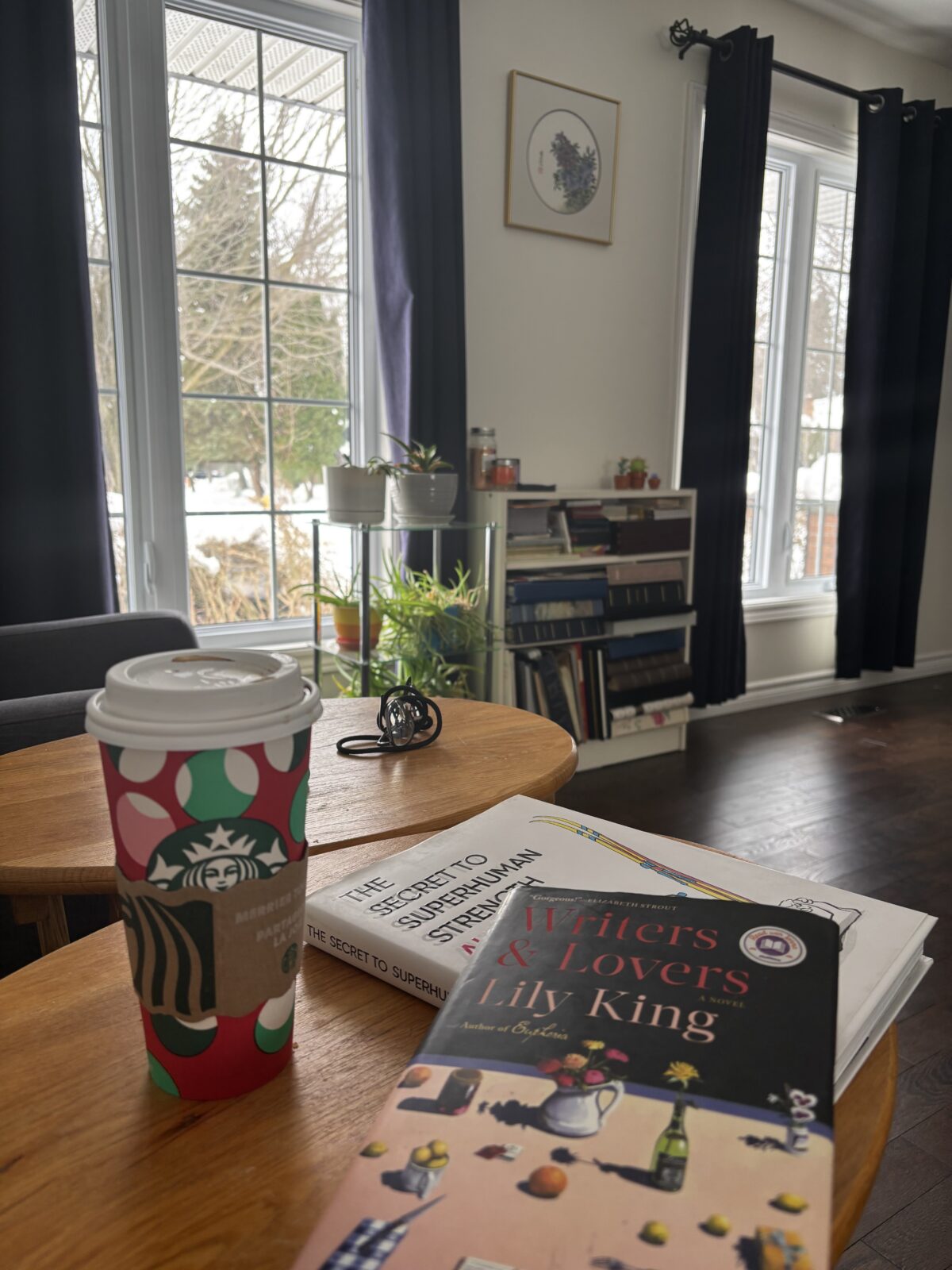She Who Must Be Obeyed and I had a grand day out on Saturday. Though the egg crisis has finally hit us (fewer eggs, higher prices), at least we got out. That’s unusual. She bought shoes, and I got free popcorn at Skechers.
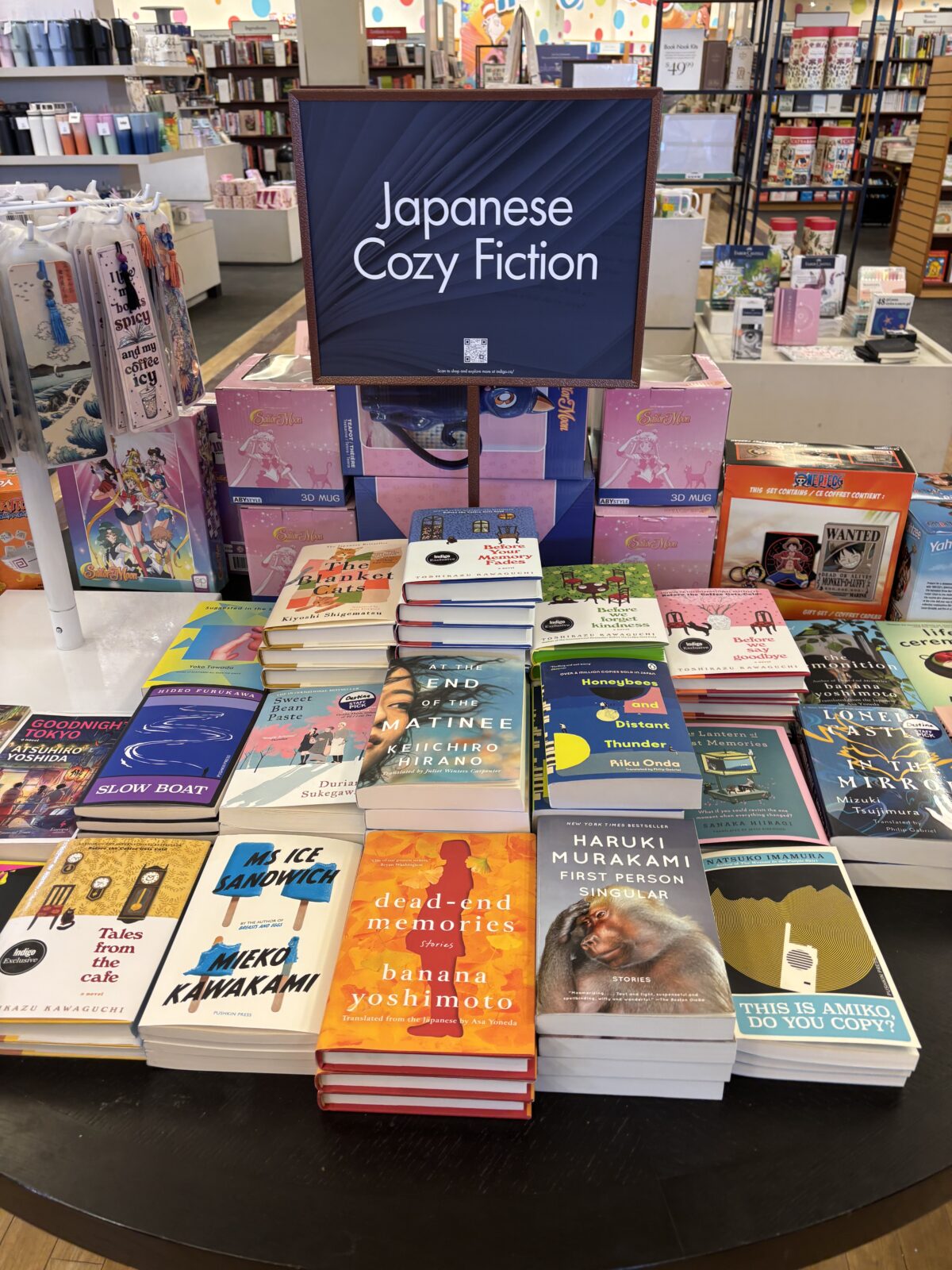
The highlight for me is always browsing bookstores. Not all chains are alike. When I was a book rep, I remember walking into a chain store in Brampton. It was as if all they had were remaindered books. The inventory was a mile wide and an inch deep. The Chapters in the south end of our city is far superior to the Indigo in the north end. I would have thought their inventory would be basically the same, but not so!
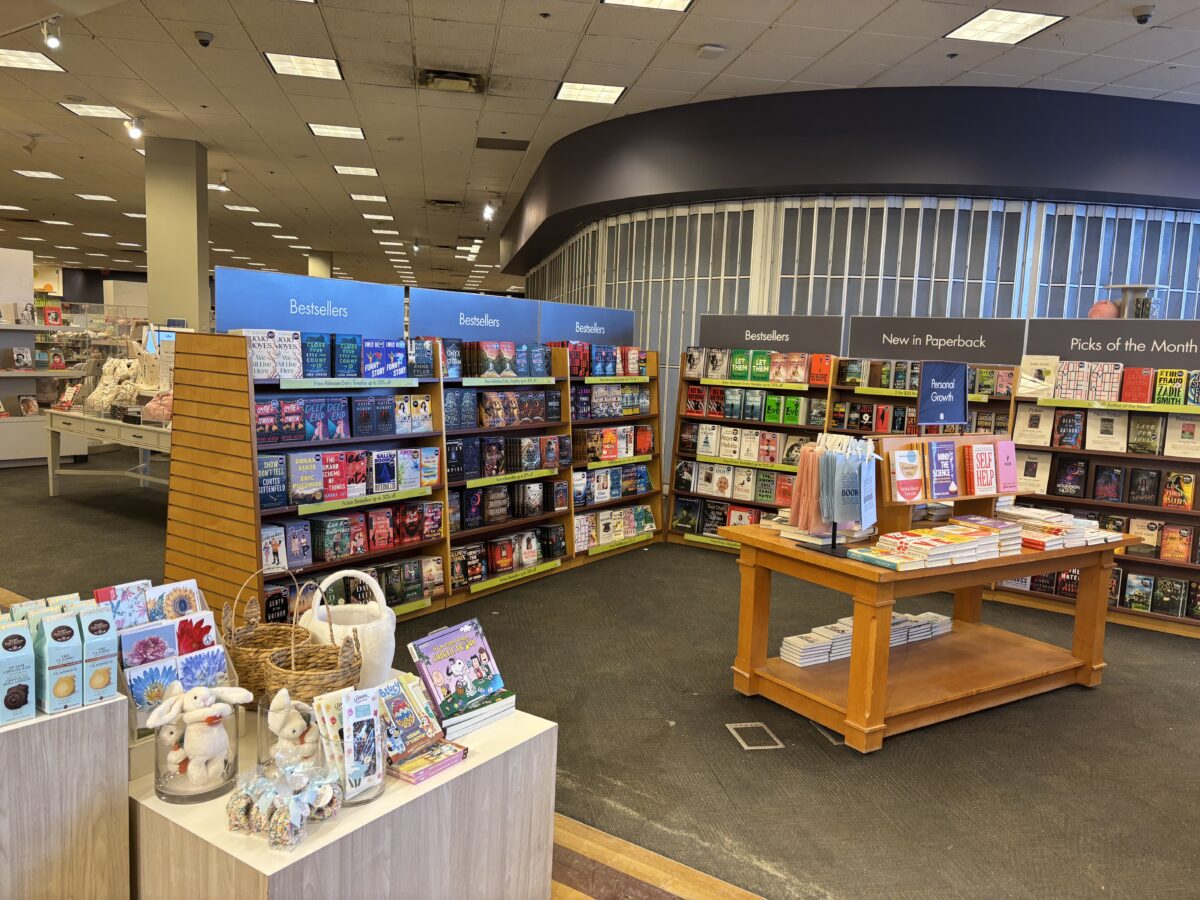
Funny, when I first visited Toronto, SWMBO asked what more I wanted to see of her city. Easy! Take me to all the used bookstores! She replied that she had already taken me to all the used bookstores. My suitcase was much heavier heading back to Halifax.
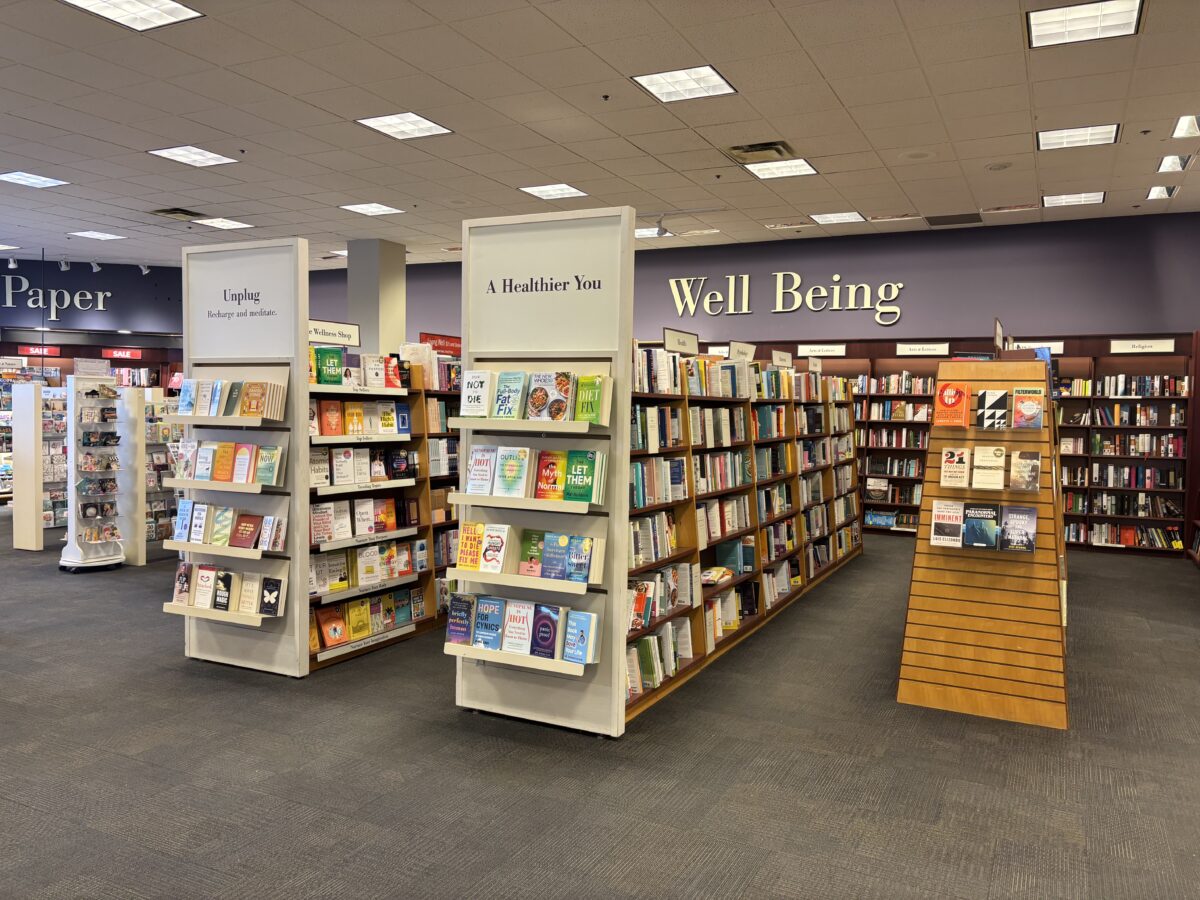
When I look at these pics, I so respect all the work that went into writing and publishing these books. Since my brain works the way it does, I thought, what a great bookstore! And I’ll never live long enough to devour all the books I want to read! Damn! Well, I’ll put a dent in that TBR pile, anyway.
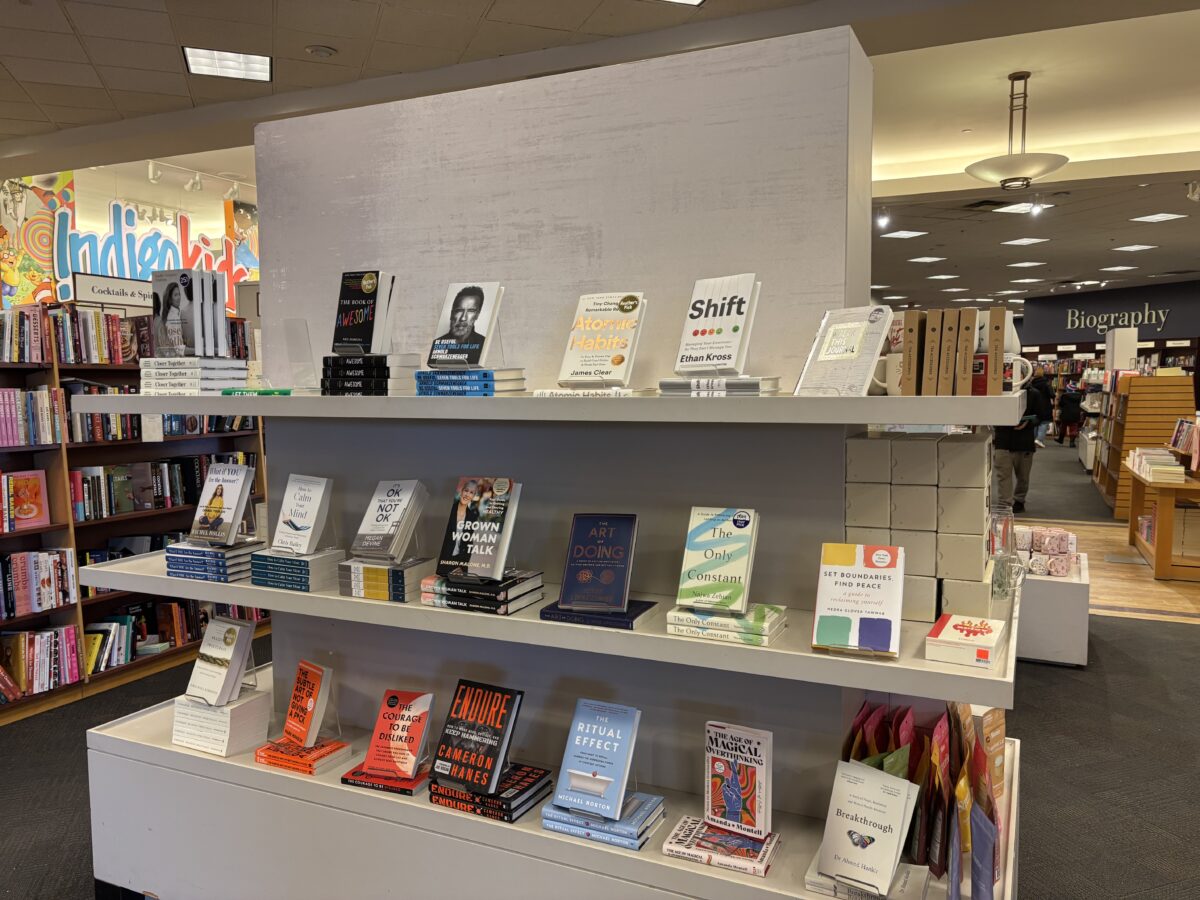
Because of my illness in December, my birthday was a bust. Compensation arrived when SWMBO bought a bunch of books for me! For starters, I am reading Getting Signed. It’s about finding an agent and landing a book deal, and it’s really helping me prepare for my upcoming pitch meetings.
Toronto’s World’s Biggest Bookstore was my shrine until it closed. City Lights Bookshop in London is pretty good (and absolutely crammed). Fanfare Books in Stratford has stock that is expertly curated. It may be small, but they carry stuff you won’t find anywhere else, including my books! Another great one is Munro’s Books in Victoria, British Columbia. When you walk in there, a pleasurable and leisurely afternoon of book browsing lies ahead.
Have you got a favorite bookstore? What is it, where is it, and what drew you to it?


